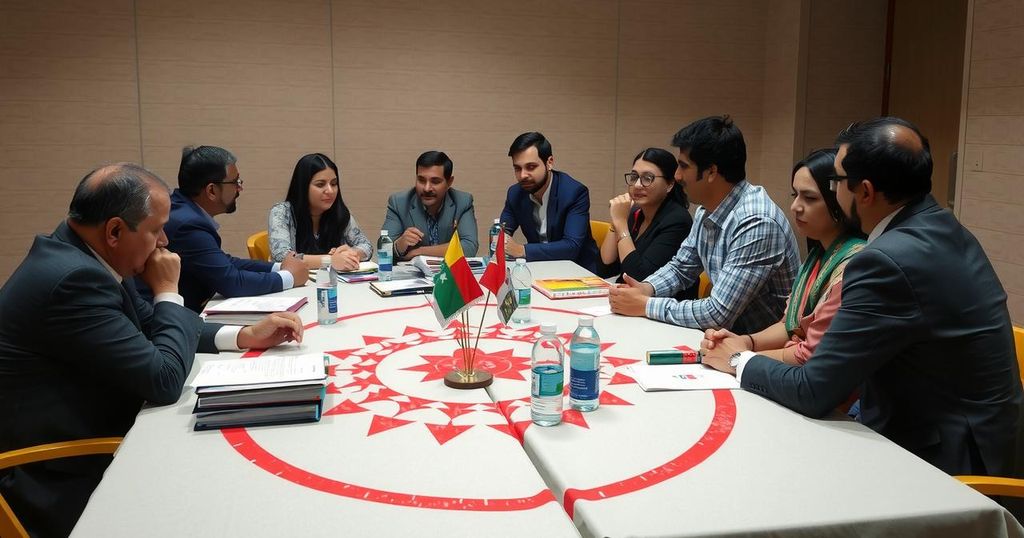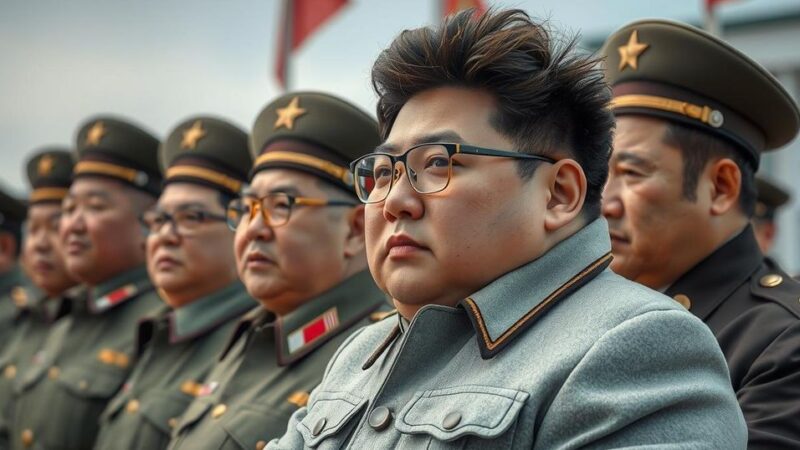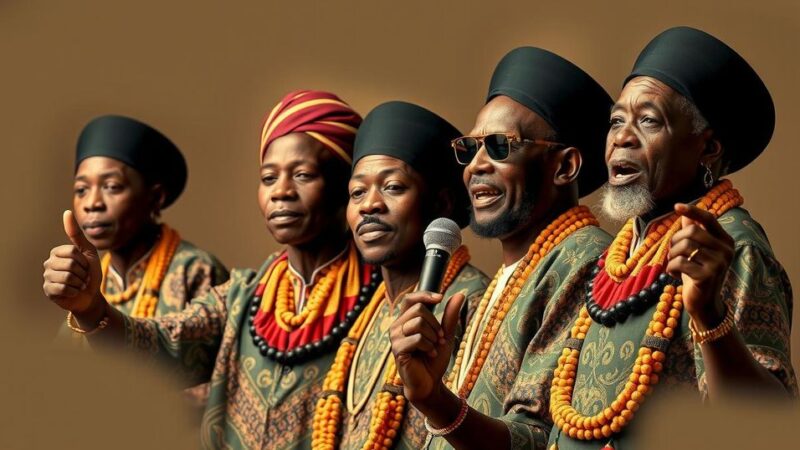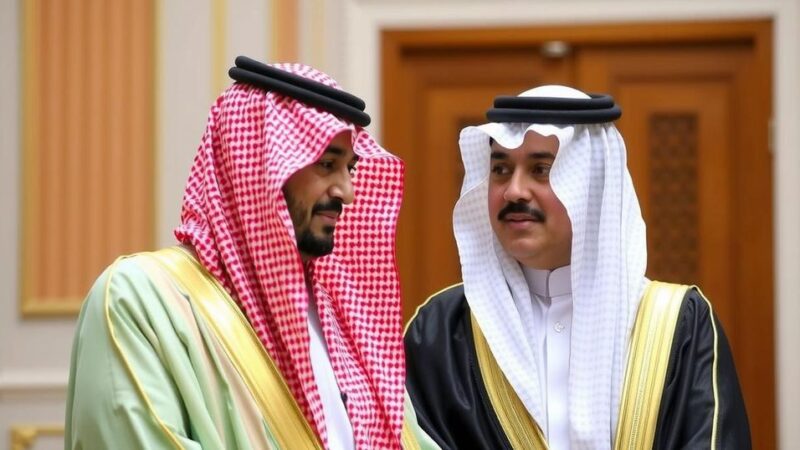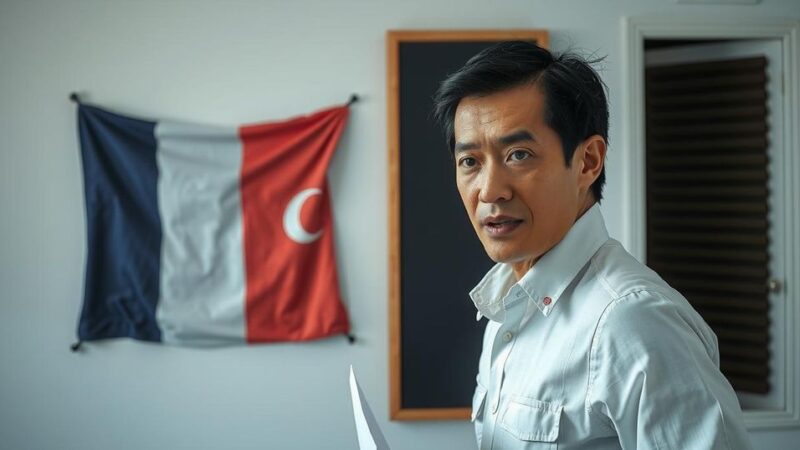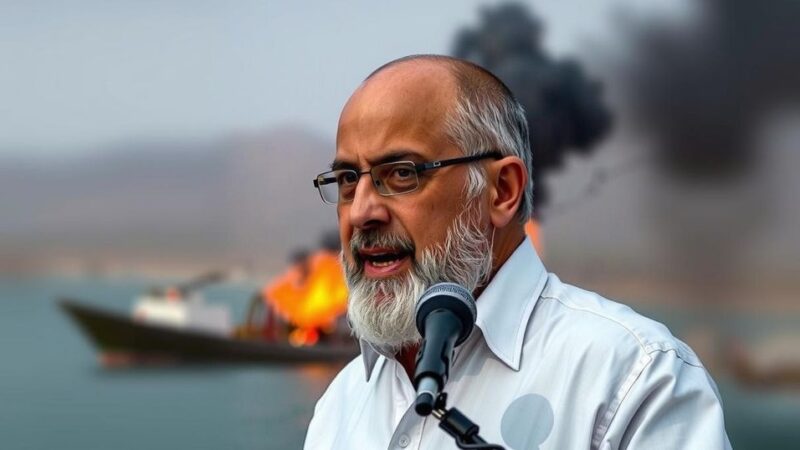Kurdish groups in Syria are pursuing unity in representation amid internal divisions to effectively negotiate with new authorities in Damascus. The ENKS and SDF have held discussions to this effect, addressing grievances and emphasizing the importance of a collective stance. Observers warn that without a united front, Kurdish interests could be overlooked in the evolving political landscape following Assad’s regime.
In the post-Assad landscape of Syria, Kurdish political factions are navigating their longstanding divisions to form a unified front for representation in any negotiations with the new authorities in Damascus. Since the onset of the conflict in 2012, the northeastern region of Syria has been under the administration of forces affiliated with the Syrian Democratic Forces (SDF), a key ally of the United States in combating the Islamic State (IS) terrorist group. The Democratic Union Party (PYD) dominates Kurdish governance in the area, representing both political and military leadership, while Turkey perceives these Kurdish groups as extensions of the Kurdistan Workers’ Party (PKK), a group designated as terrorist by multiple nations including the United States.
In light of these complex dynamics, the Kurdish National Council (ENKS), which opposes PYD rule, has convened discussions with SDF officials. A meeting that took place this week included participation from representatives of the international coalition against IS. The agenda focused on establishing a cohesive Kurdish representation in the context of a restructured Syria. Sulaiman Oso, President of ENKS, highlighted the need for transparency in dialogues, emphasizing the urgency of resolving internal Kurdish issues before presenting a united front in Damascus.
Oso pointed out that trust has eroded significantly between the factions, stating, “We cannot go to Damascus with a unified delegation if these internal matters aren’t resolved first.” Both the United States and European allies have expressed concerns over the protection of the rights of ethnic and religious minorities in Syria, with particular emphasis on Kurdish demands. Saleh Muslim, a senior PYD representative, advocated for a representation that encompasses not only Kurds but also Arabs and Christians, aiming for a more inclusive approach.
While some ENKS representatives are engaging with community leaders in Damascus, their focus does not directly involve the new authorities predominantly influenced by the Hayat Tahrir al-Sham (HTS). Observers suggest that unless a unified Kurdish stance is achieved, the beneficial representation of Kurdish interests may be jeopardized, as noted by analyst Zara Saleh: “If the Kurds don’t have a unified and strong representation in Damascus, Kurdish demands could be ignored by the new Islamist authorities.”
Complicating matters further, HTS has publicly stated its commitment to protecting Kurdish rights, although its leadership has rejected the notion of federalism, which Kurdish groups advocate as a solution to their aspirations for greater autonomy. The fragmented nature of Kurdish political discourse could hinder potential agreements and jeopardize their leverage in future negotiations. Zara Saleh indicated that Kurdish factions urgently need to articulate their demands jointly and involve influential leaders from diverse sectors of society before engaging with the new political framework in Syria.
The Kurdish region of Syria has been characterized by a struggle for representation and autonomy amidst ongoing tensions with both the Syrian government and external actors such as Turkey. Since the civil conflict started in 2012, Kurdish groups such as the SDF and the PYD have established control in the northeast, which has garnered support from the United States in anti-IS efforts. However, the complexity of alliances and enmities—particularly Turkey’s stance towards Kurdish movements, viewing them as extensions of the PKK—creates significant challenges for Kurdish political unity. The emergence of the ENKS as a competing coalition has further complicated intra-Kurdish relations, necessitating dialogue to address grievances and build a cohesive strategy for negotiating with the new authorities following Assad’s regime.
In summary, Kurdish political factions in Syria face the dual challenge of achieving unity among themselves while also advocating for representation in the post-Assad political landscape. As they navigate internal divisions and external pressures, the success of their endeavors hinges on fostering trust, addressing grievances, and articulating a collective vision that encompasses the diversity of the region. The urgency of these discussions reflects the critical juncture at which Kurdish leaders find themselves, as failure to unify may lead to a diminished role in shaping Syria’s future governance.
Original Source: www.voanews.com

